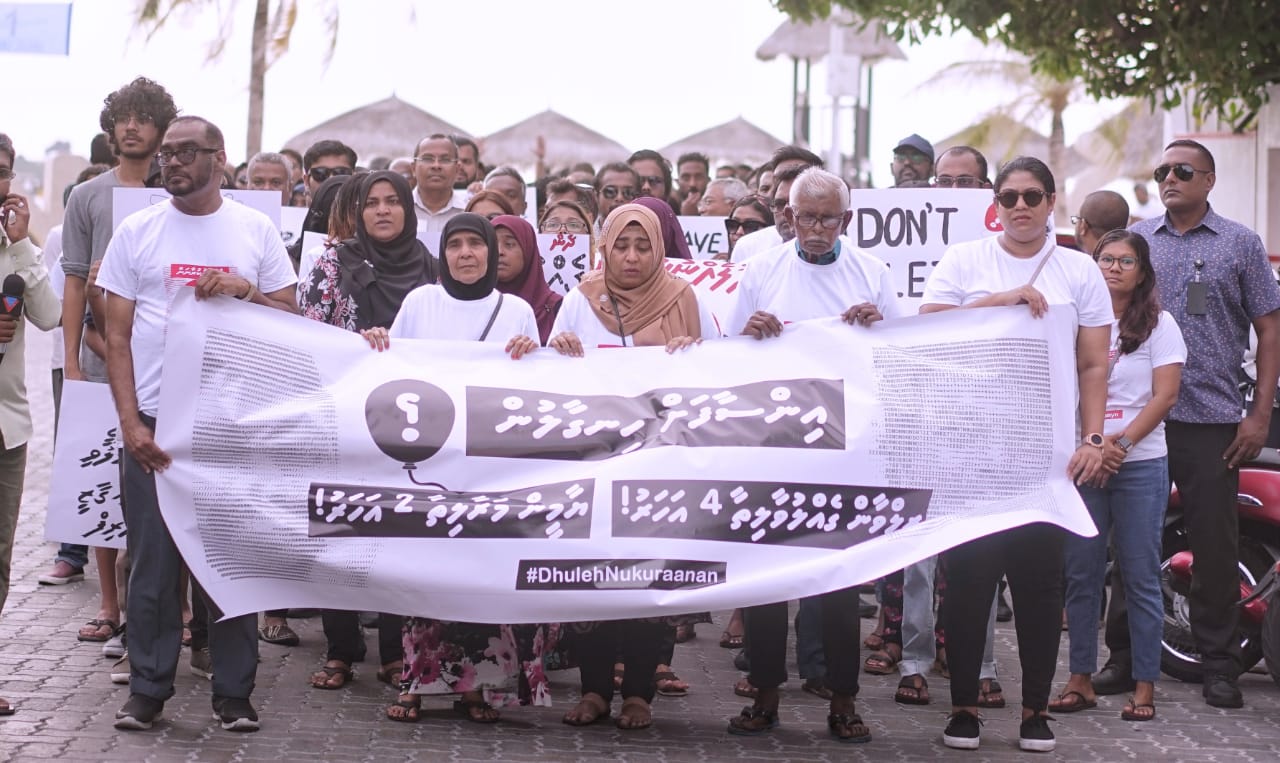Rilwan’s abduction and murder: roundup of reactions
Parliament debated a draft report as the opposition and human rights groups issued statements.

10 Sep 2019, 09:00
On September 1, the nation was shocked by the chilling findings of a 10-month inquiry by an independent commission into the abduction of Ahmed Rilwan Abdulla. The Maldives Independent journalist was murdered by a local extremist group linked to the al-Qaeda terrorist organisation, the presidential commission’s chair Husnu Suood told the press.
According to the commission, former vice president Ahmed Adeeb secured the release of two suspects who were allowed to leave the country in January 2015. Adeeb also tasked two police intelligence officers with obtaining a copy of Rilwan’s passport in a bid to create false news suggesting that he had left the country and died in Syria. The same officers followed Rilwan and intercepted his phone calls with a court warrant weeks before he was abducted, the commission found.
Former president Abdulla Yameen tried to “divert” the focus of the investigation by sending police officers “all over the place,” Suood alleged.
Become a member
Get full access to our archive and personalise your experience.
Already a member?
Discussion
No comments yet. Be the first to share your thoughts!
No comments yet. Be the first to join the conversation!
Join the Conversation
Sign in to share your thoughts under an alias and take part in the discussion. Independent journalism thrives on open, respectful debate — your voice matters.




